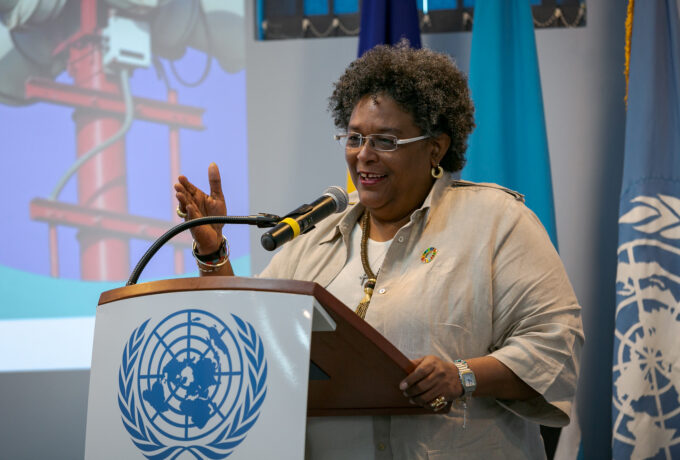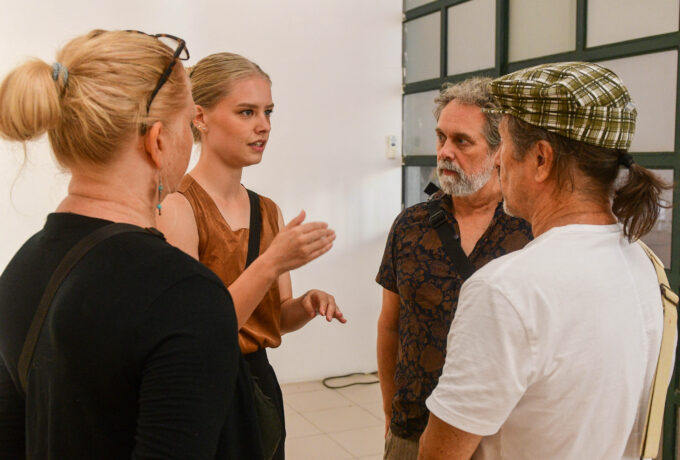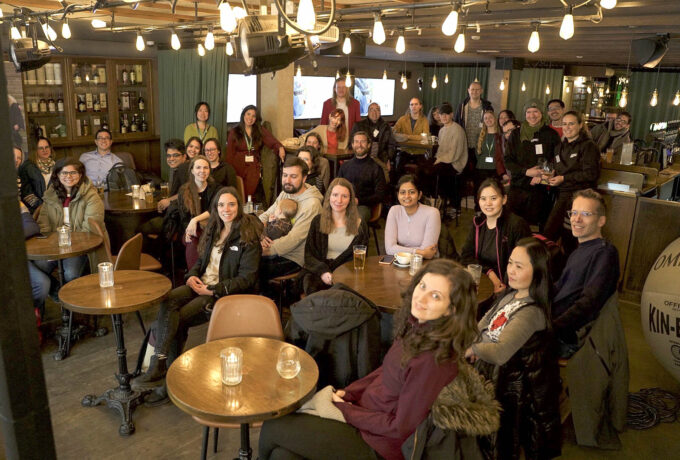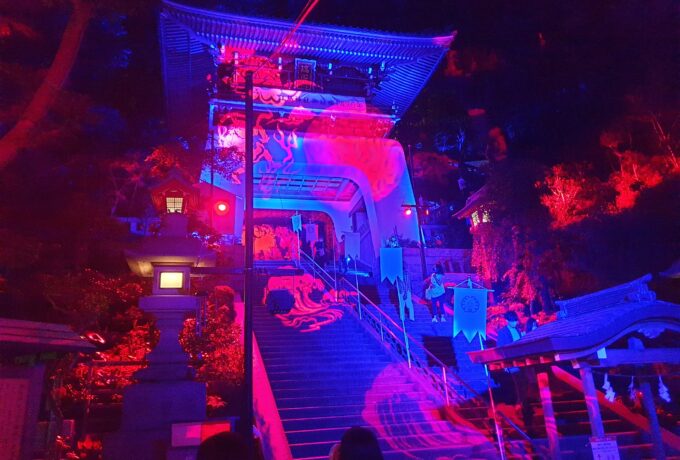GLAS
at Global Studies
Global and Area Studies is a cutting-edge M.A. program developed to understand Brazil, China, Japan, Russia, and Southeast Asia in a global context. The core belief of the program is that understanding the cultural, social, and political dimensions of the local is a necessary precondition to making sense of the global. With this in mind, the program extends the existing knowledge while simultaneously traversing the regional borders. This is ensured by joint teaching elements in all courses that includes all regions. The multifaceted knowledge provided by this program may bring important answers to the multiple global challenges we are facing.
Degrees and Opportunities
GLAS is a flexible program that is designed in a way to cater to individual career paths. In particular, the second year allows the student to choose between an academic or applied route. The academic profile is sharpened by the choice of an elective at AU or any of its other partner universities. Practical experiences can be gathered through a study-related internship in the private sector or at a public organization. In essence, a wide array of jobs that require an international perspective is open to our graduates. Specific area expertise that also includes the language has often proved to bring a comparative advantage in the search for employment.
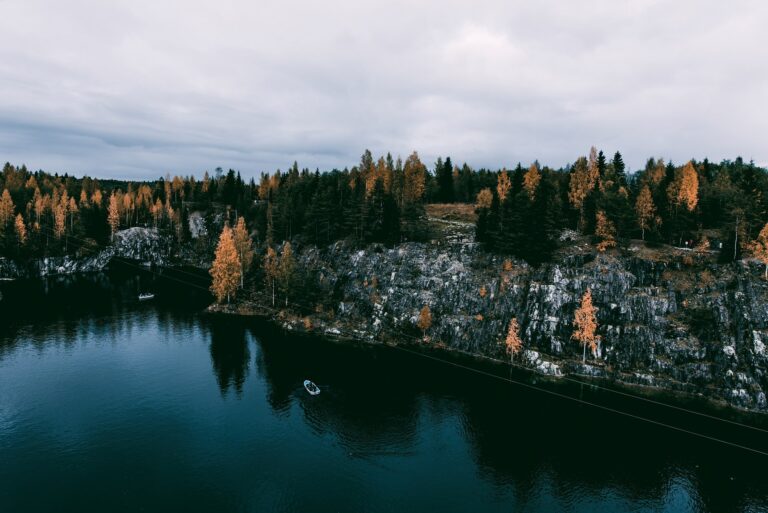
Postcards
Staff
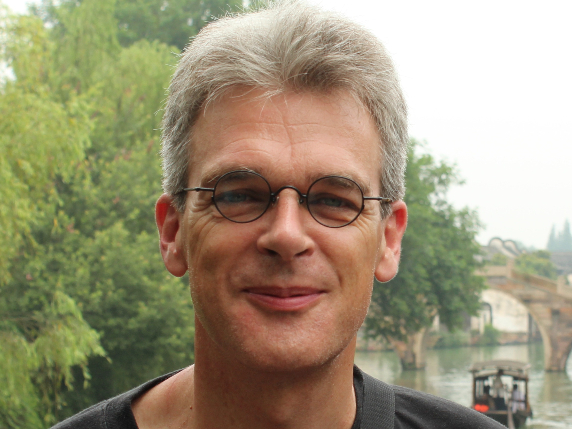
Andreas Steen Click Me!!!
Professor in China Studies
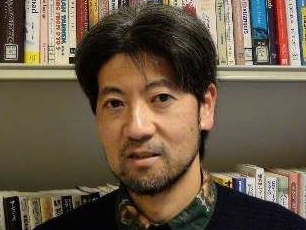
Jiro Tomioka Click Me!!!
Teaching Associate Professor in Japan Studies
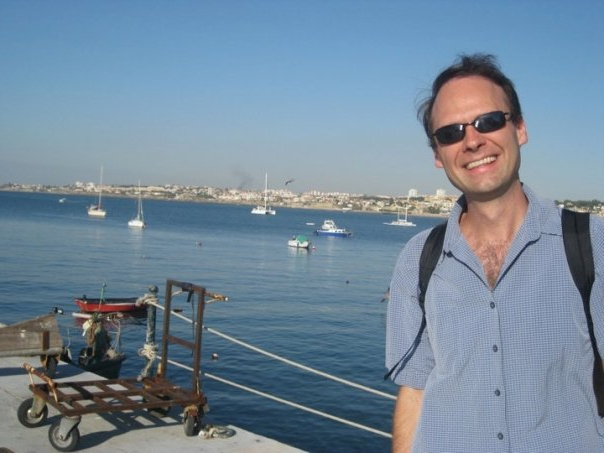
Derek Pardue Click Me!!!
Associate Professor in Brazilian Studies
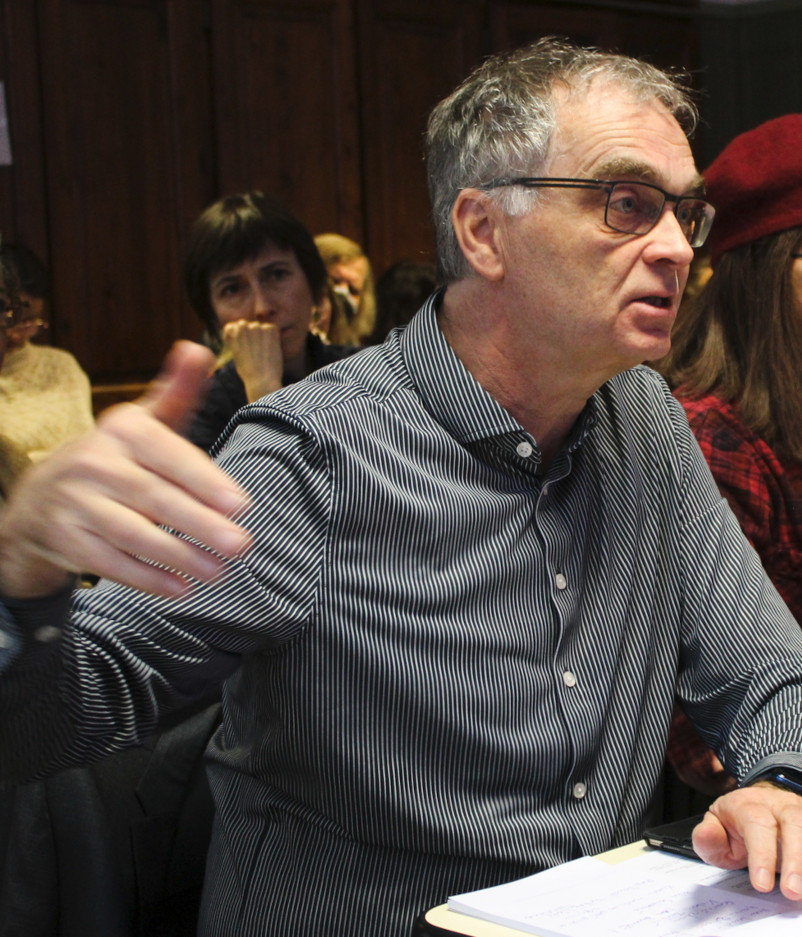
Peter Bugge Click Me!!!
Associate Professor in European Studies
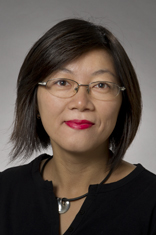
Chun Zhang Click Me!!!
Teaching Associate Professor in China Studies
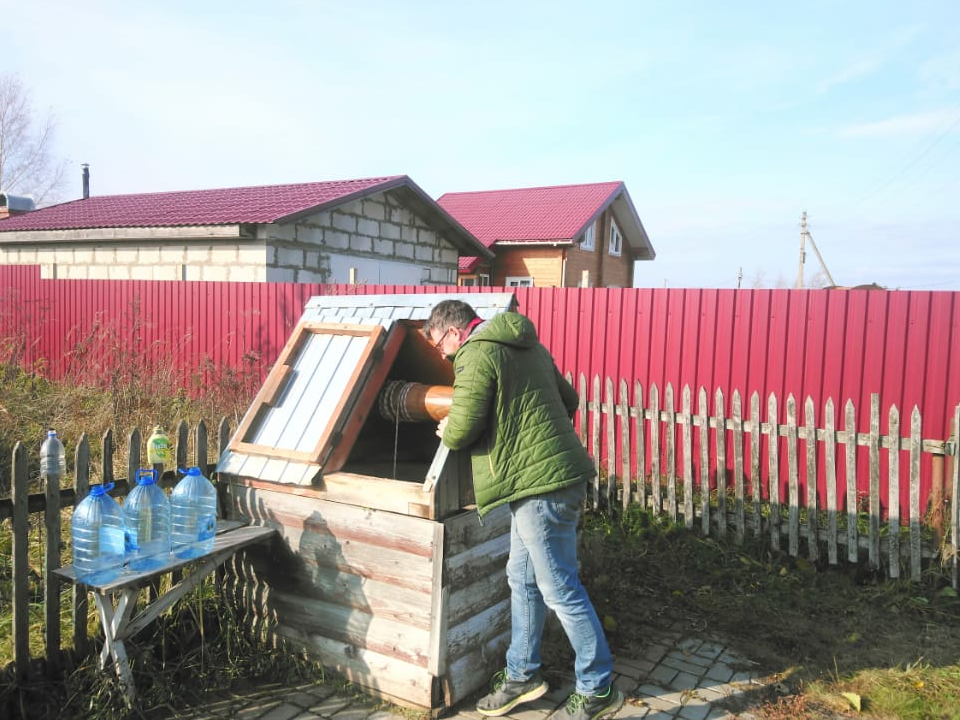
Jeremy Morris Click Me!!!
Professor in Russian Studies
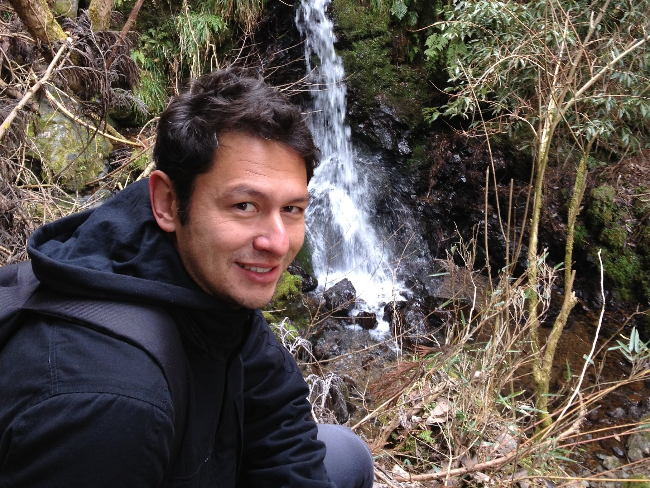
Raymond Yamamoto Click Me!!!
Associate Professor in Japan Studies

Uwe Skoda Click Me!!!
Associate Professor in India and south asia Studies
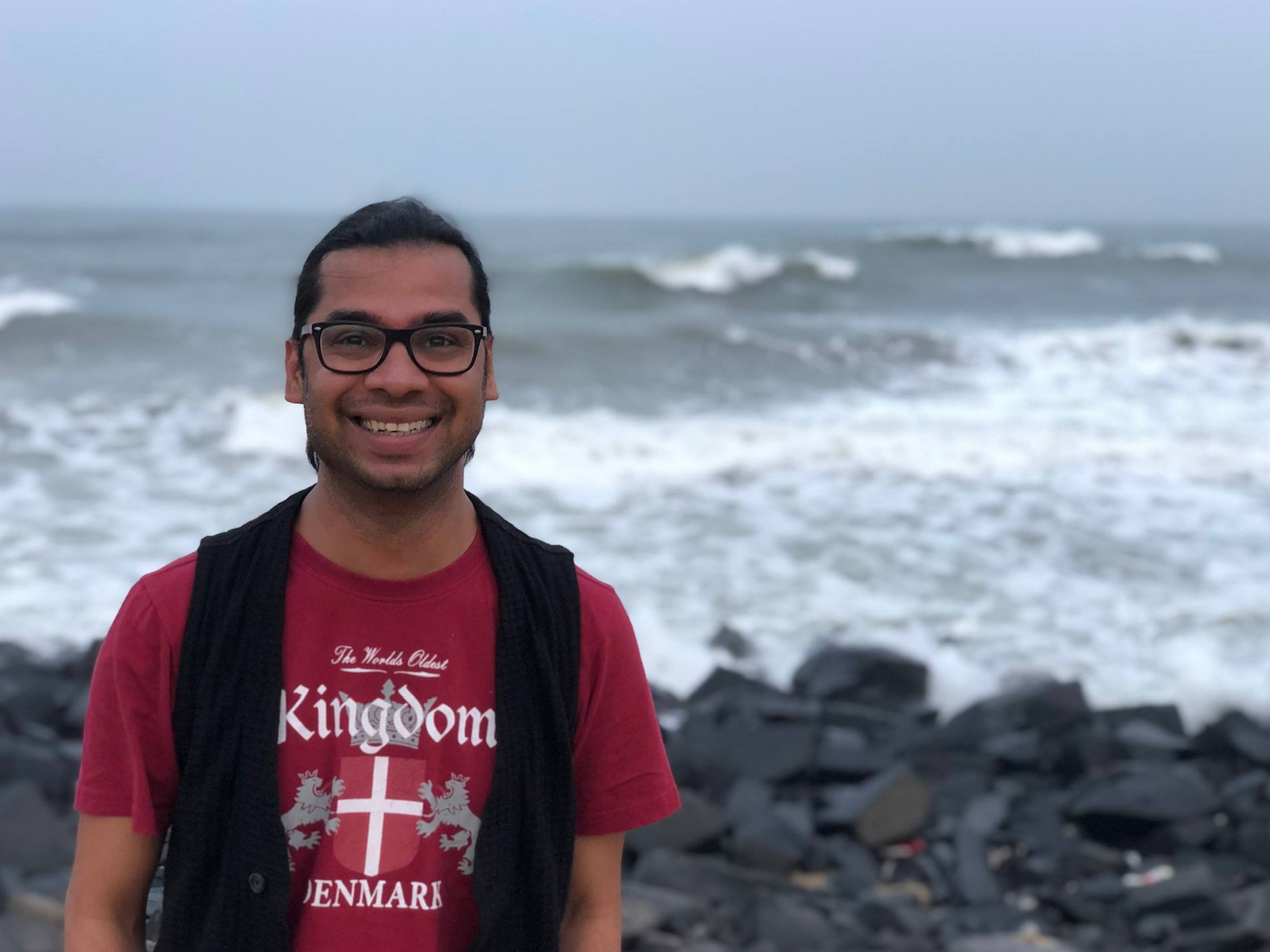
Vivek Kumar Shukla Click Me!!!
ASSISTANT PROFESSOR in INDIA AND SOUTH ASIA STUDIES
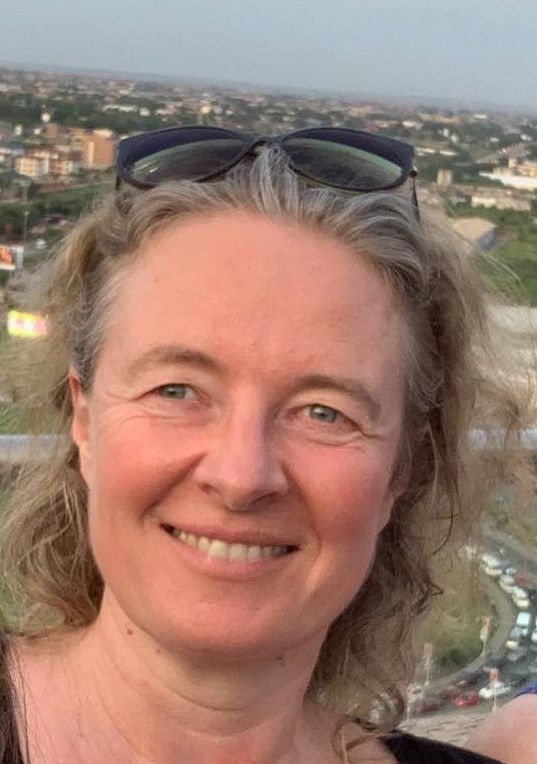
Annette Skovsted Hansen Click Me!!!
Associate Professor in Japan Studies
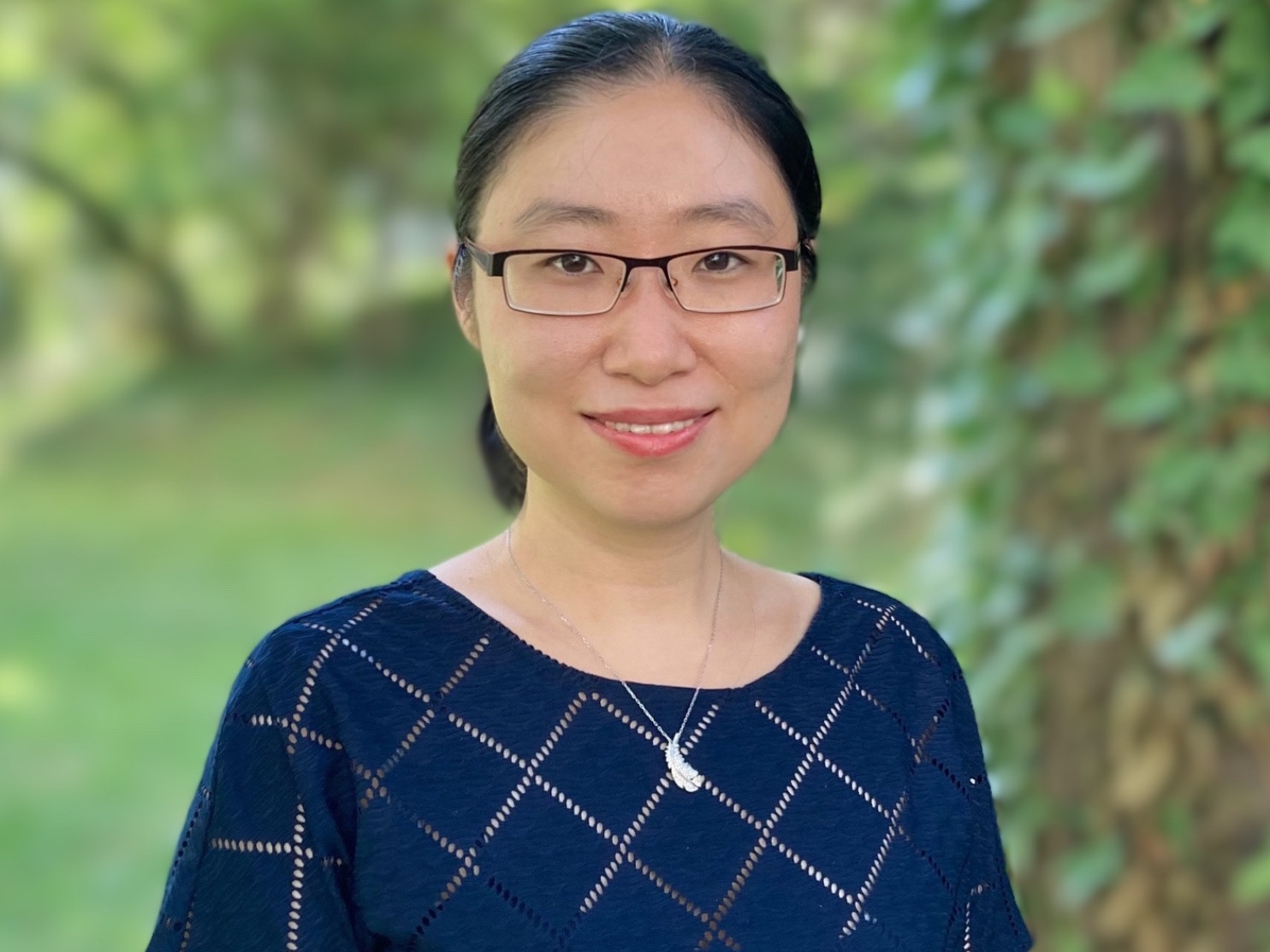
Yue Guan Click Me!!!
Associate Professor in China Studies
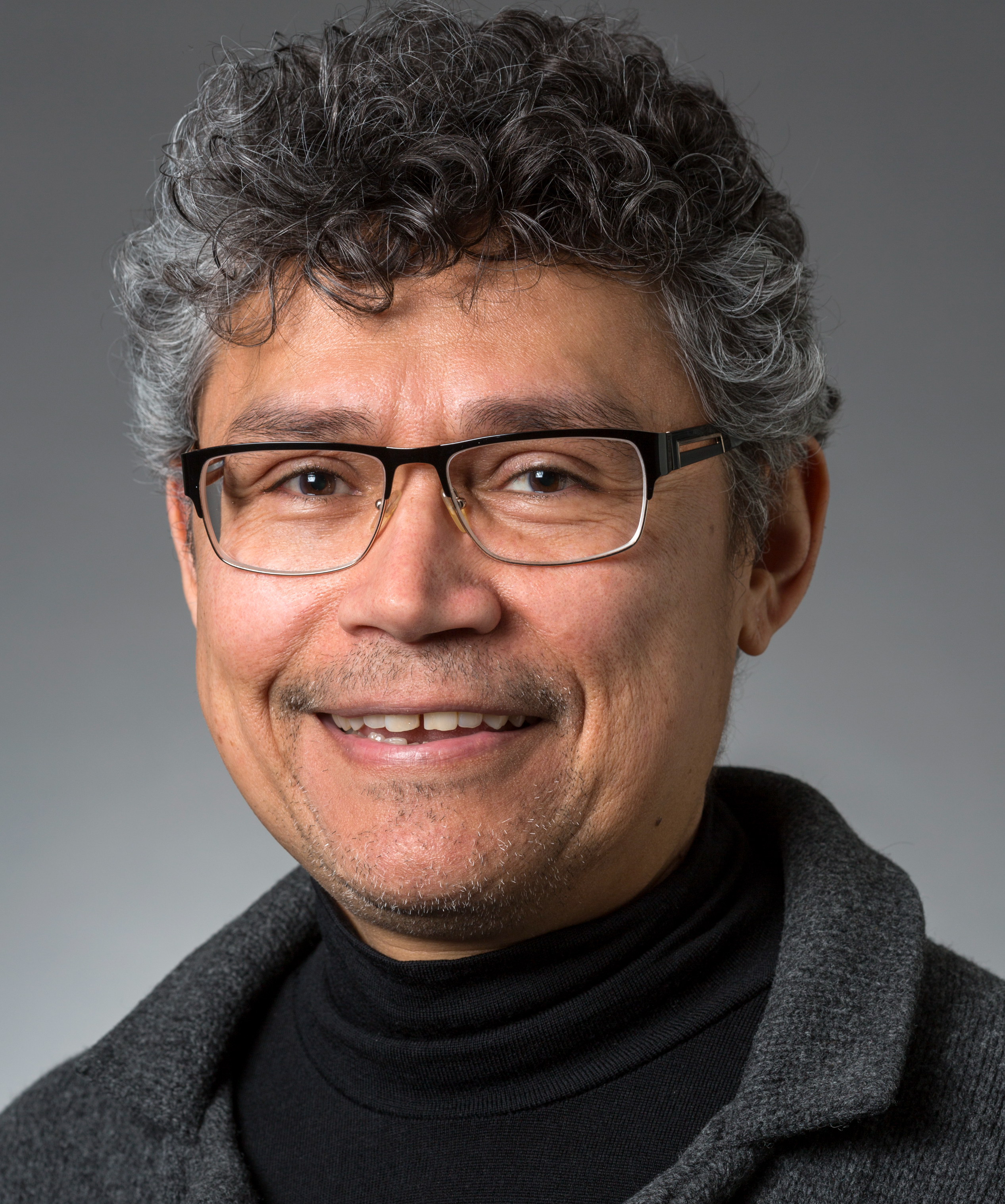
Vladimir Pacheco Cueva Click Me!!!
Associate Professor in International Studies
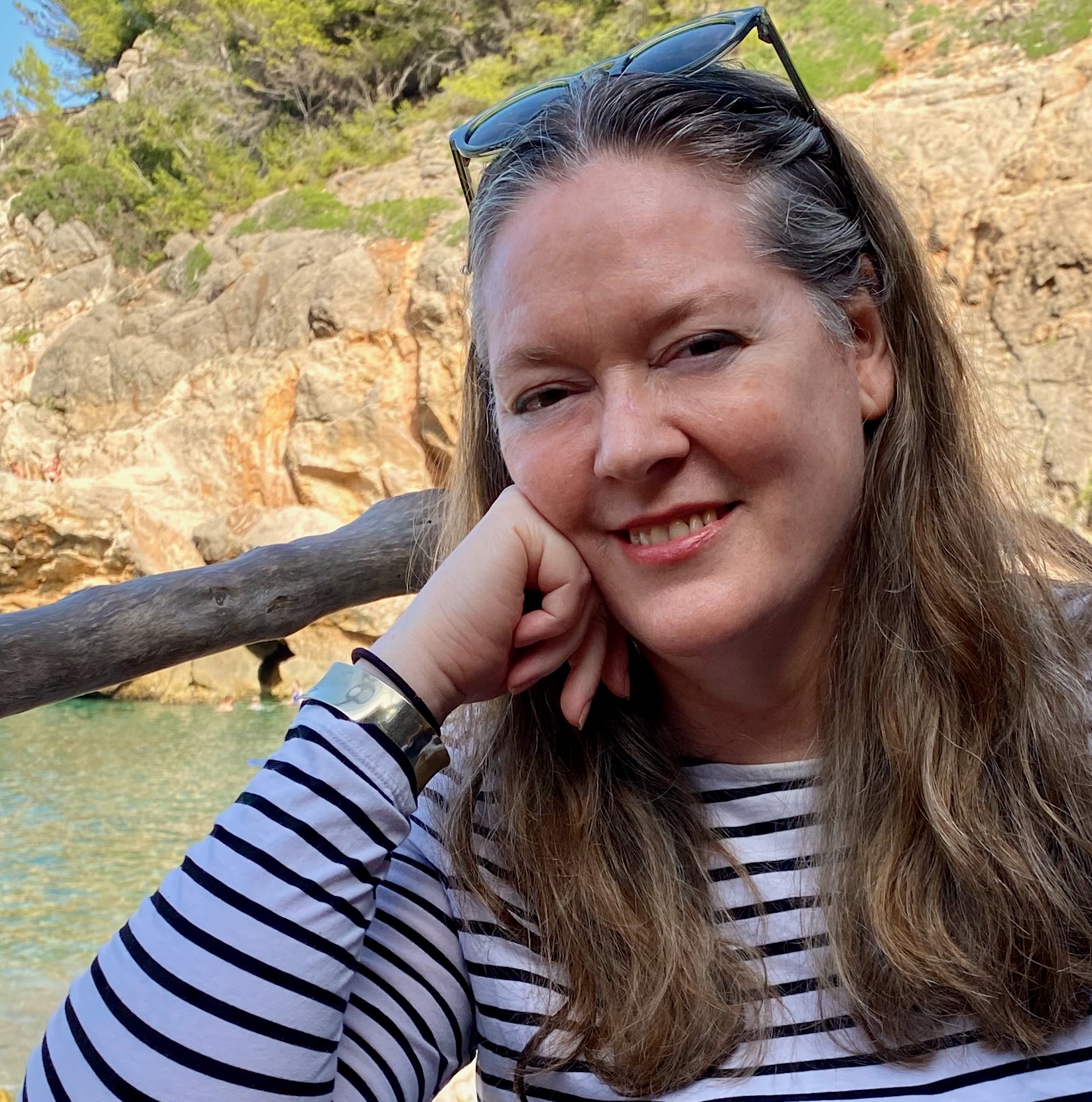
Cristina Flesher Fominaya Click Me!!!
Professor in International Studies
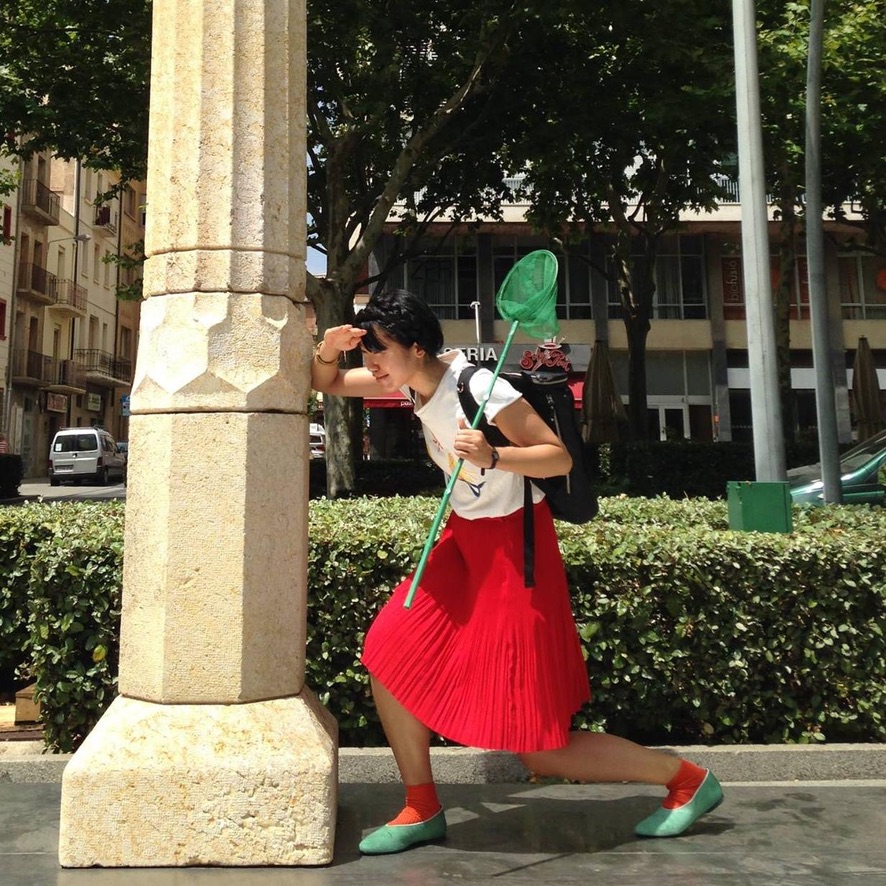
Eiko Honda Click Me!!!
Assistant Professor in Japan Studies
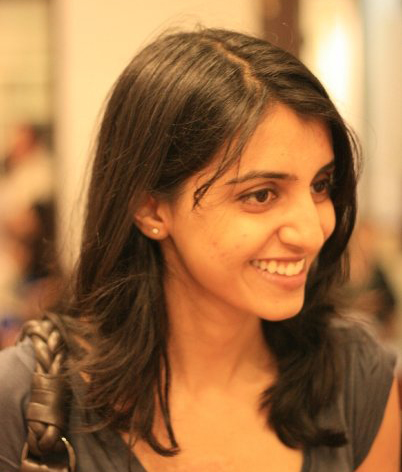
Gauri Sanjeev Pathak Click Me!!!
Associate Professor in India and South Asia Studies
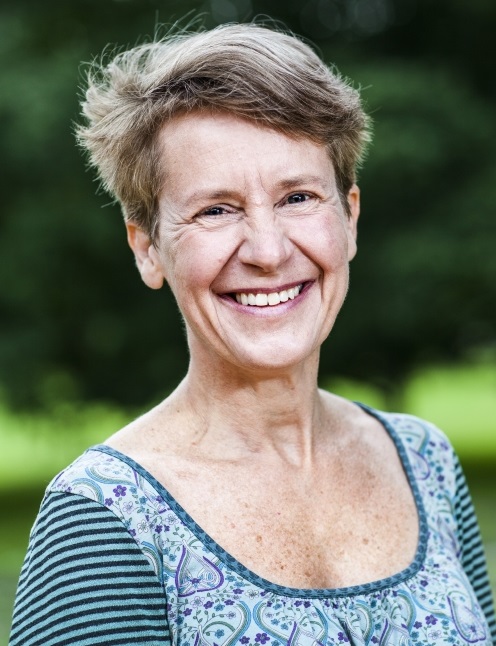
Mette Thunø Click Me!!!
Associate Professor in China Studies
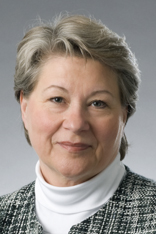
Galina Starikova Click Me!!!
Teaching Associate Professor in Russia Studies
